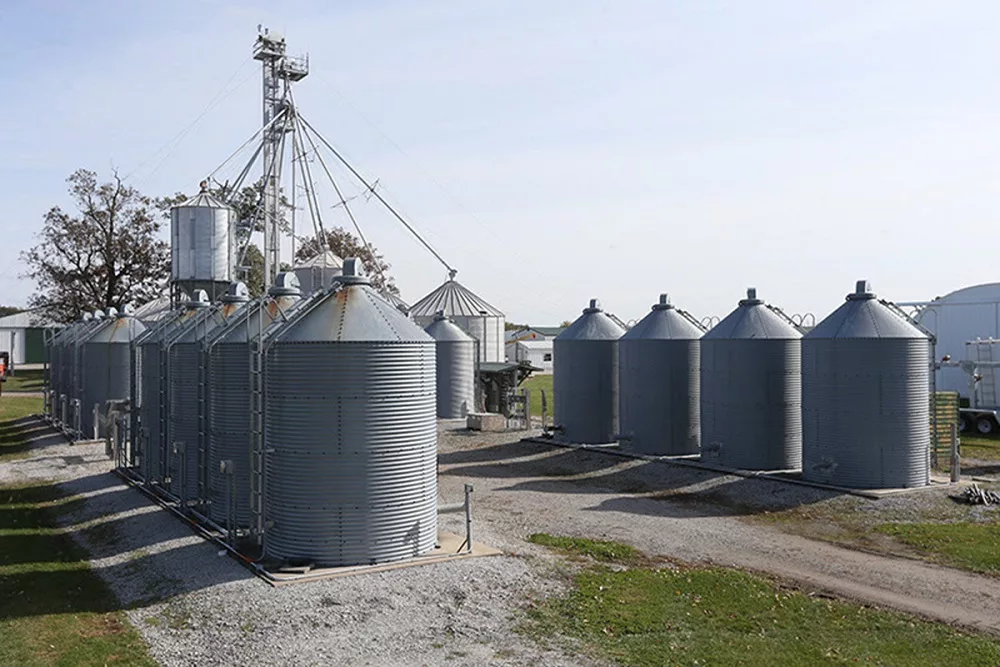The USDA released its World Agricultural Supply and Demand Estimates Report (WASDE) for January 2024 on Friday, Jan 12, which included its final 2023 Crop Production Report. Those numbers showed a rise in corn production and a drop in soybean production.
2023 corn production hit a record 15.3 billion bushels, 12 percent above 2022. The average yield was a record-high 177.3 bushels per acre, 3.9 bushels above 2022.
Soybean production in 2023 reached 4.16 billion bushels, two percent lower than in 2022. The average yield was 50.6 bushels per acre, one bushel above 2022, but the production drop was due to four percent fewer harvested acres than the previous year.
Meanwhile, the WASDE Report calls for greater corn production, larger domestic use, and higher ending stocks. The season-average price is down five cents at $4.80 per bushel.
In soybeans, supplies rose 31 million bushels over November’s prediction. Projected soybean ending stocks totaled 280 million bushels, up 35 million. The season-average soybean price is $12.75 a bushel, 15 cents below November.
USDA also released its December 2023 Grain Stocks report that showed higher corn and wheat stocks in all positions, while soybean stocks dropped from 2022. Corn in all positions totaled 12.2 billion bushels, 13 percent above December 2022. Soybeans were estimated at three billion bushels, one percent lower than a year ago.
In addition, the USDA gave a smaller downward adjustment to the Brazilian soybean crop than expected.
“It’s just been overall a negative report,” says Brian Basting, Commodity Research Analyst with Advance Trading, Inc. “New contract lows were made [Friday] morning in old corn crop futures, and it just feels really heavy at the moment.”
Click below to hear Brian Basting with Advance Trading provide analysis of the USDA WASDE Report for January 2024.
Your browser doesn’t support HTML5 audio
Sources: USDA, NAFB News Service.

